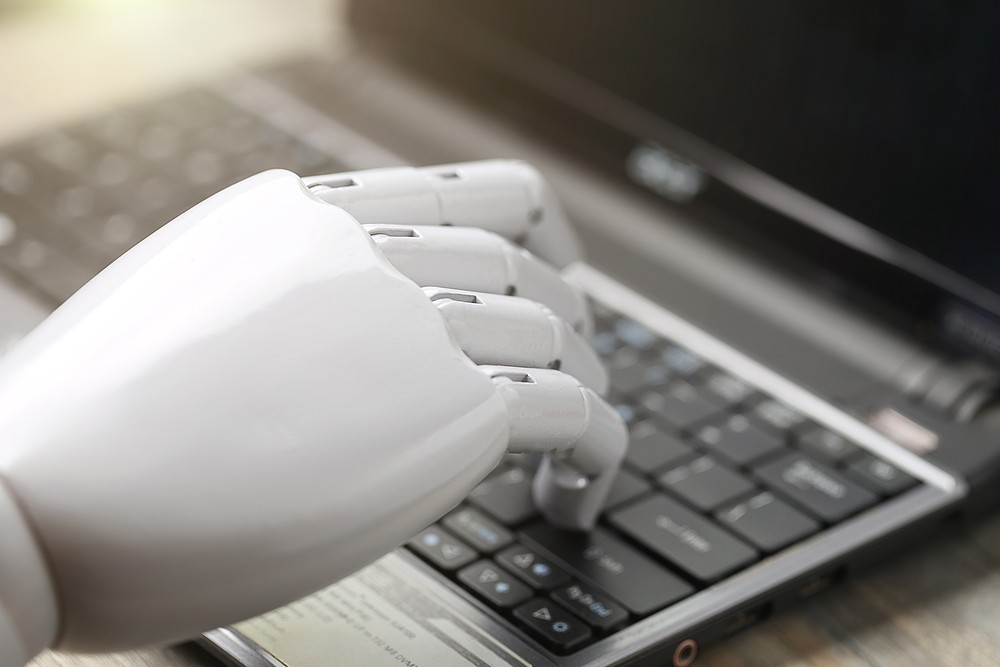Self-navigating AI learns to take shortcuts: Study
Change Size
 While artificial intelligence (AI) programs have recently made great strides in imitating human brain processing -- everything from recognizing objects to playing complicated board games -- spatial navigation has remained a challenge. (Shutterstock/File)
While artificial intelligence (AI) programs have recently made great strides in imitating human brain processing -- everything from recognizing objects to playing complicated board games -- spatial navigation has remained a challenge. (Shutterstock/File)
A
computer program modeled on the human brain learnt to navigate a virtual maze and take shortcuts, outperforming a flesh-and-blood expert, its developers said Wednesday.
While artificial intelligence (AI) programs have recently made great strides in imitating human brain processing -- everything from recognizing objects to playing complicated board games -- spatial navigation has remained a challenge.
It requires the recalculation of one's position, after each step taken, in relation to the starting point and destination -- even when travelling a never-before-taken route.
Navigation is considered a complex behavioural task, and in animals is partly controlled by a sort of onboard GPS driven by "grid cells" in the brain's hippocampus region. These cells have been observed firing in a regular pattern as mammals explore a new environment.
In a new study published in the journal Nature, AI researchers said they had developed a "deep neural network", or computer "brain", which they trained to navigate towards a goal in a virtual maze.
When shortcuts were introduced, by opening a previously blocked opening for example, the AI automatically took the shorter route.
Read also: Artificial intelligence development course offered for free by Google
'Super-human'
Furthermore, the computer "brain" generated navigational grids strikingly similar to those observed in the brains of foraging mammals, said the team.
The programme "performed at a super-human level, exceeding the ability of a professional game player," three of the study authors said in a press statement.
It "exhibited the type of flexible navigation normally associated with animals, taking novel routes and shortcuts when they became available."
Most of the researchers are attached to DeepMind, the British AI company that also created AlphaGo, the self-trained computer that beat human champions at the Chinese board game "Go" said to require intuition rather than brute processing power to prevail.
The team said their work was "an important step in understanding the fundamental computational purpose of grid cells in the brain".
The discoverers of grid cells were awarded the Nobel Prize for Medicine in 2014.









